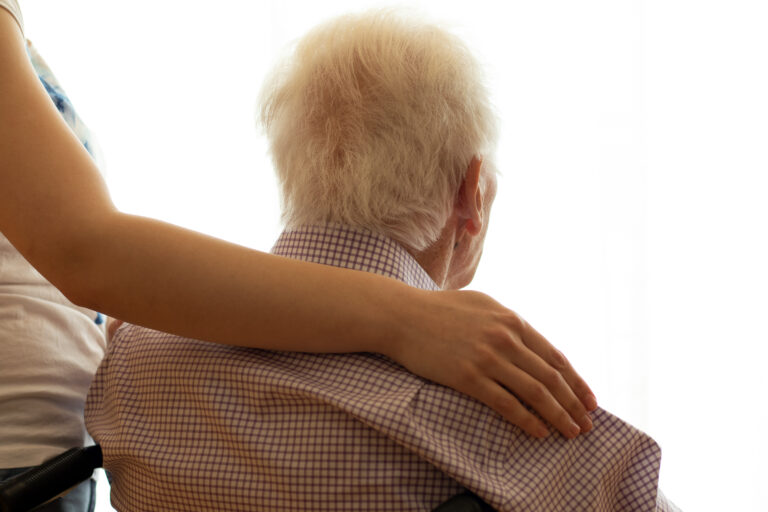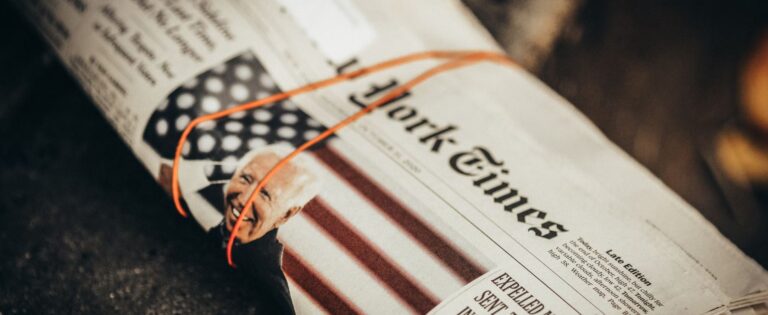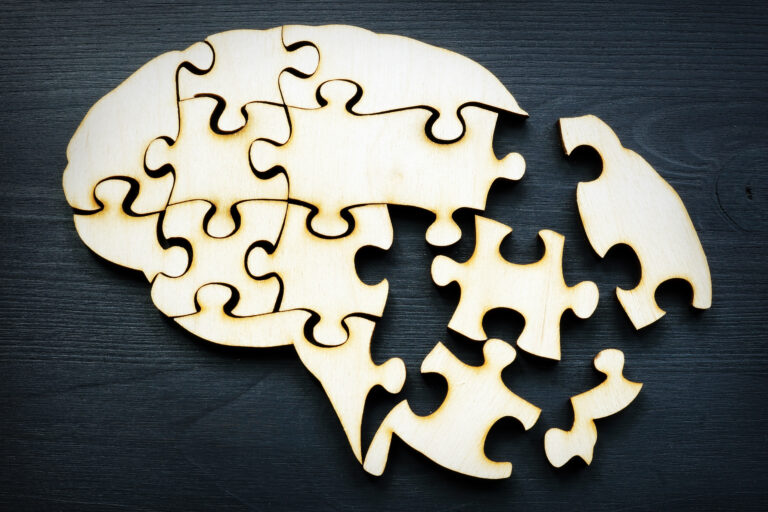The question of whether you should fast before doing cardio is a common one, especially among people looking to lose fat or improve their fitness. The idea behind fasting before cardio is that exercising on an empty stomach forces your body to burn more fat for energy, potentially speeding up fat loss. This concept is often called “fasted cardio,” and it has been popularized in fitness circles and social media. However, the reality is more complex and requires a careful look at the science.
Fasted cardio means doing aerobic exercise, such as running, cycling, or walking, after a period of not eating—usually first thing in the morning before breakfast. The theory is that because your body’s glycogen stores (carbohydrates stored in muscles and liver) are low after an overnight fast, your body will turn to fat stores for fuel. This process is known as fat oxidation. Studies have shown that fasted aerobic exercise does indeed increase fat oxidation during the workout itself, meaning you burn a higher percentage of fat calories compared to exercising after eating[1].
However, burning more fat during a workout does not necessarily mean you will lose more fat overall. Research, including a 2017 review, found that fasted cardio does not lead to greater fat loss over time compared to cardio done after eating. The body tends to compensate later in the day by adjusting metabolism or reducing overall energy expenditure, which can offset the extra fat burned during the workout[1]. This means that while you might burn more fat during a fasted session, your total daily fat loss might be the same as if you had eaten before exercising.
Another important factor is performance and energy levels. Exercising without eating can sometimes lead to lower energy, reduced endurance, or feeling lightheaded, especially during high-intensity or long-duration cardio. This can make your workout less effective or even unsafe if you push too hard without fuel. Eating a small, balanced meal or snack before cardio can provide energy, improve performance, and help you exercise longer or at higher intensity, which can be more beneficial for fat loss and fitness gains in the long run.
From a medical perspective, fasted cardio is generally safe for healthy individuals, but it may not be suitable for everyone. People with certain medical conditions such as diabetes, low blood sugar, or cardiovascular issues should be cautious and consult a healthcare professional before trying fasted exercise. For example, intermittent fasting and time-restricted eating, which involve longer fasting periods, have shown some benefits for cardiovascular health and metabolic parameters, but these effects vary and depend on individual health status[2][3][4].
In summary, fasted cardio can increase fat burning during the workout but does not necessarily lead to greater fat loss overall. The choice to fast before cardio should consider your personal goals, how your body responds, and your health status. If you feel weak or dizzy exercising fasted, it is better to eat something light beforehand. If your goal is fat loss, consistency, total calorie balance, and exercise quality matter more than whether you eat before cardio.
Sources:
[1] Futura Sciences, “Fasted cardio: the truth everyone’s been waiting for about this controversial method”
[2] Nature, “The effects of time-restricted feeding on early vascular, liver …”
[3] Dr.Oracle AI, “Effects of Intermittent Fasting on Cardiovascular Health”
[4] Nature, “Time-restricted eating improves quality of life, heart rate, and …”





